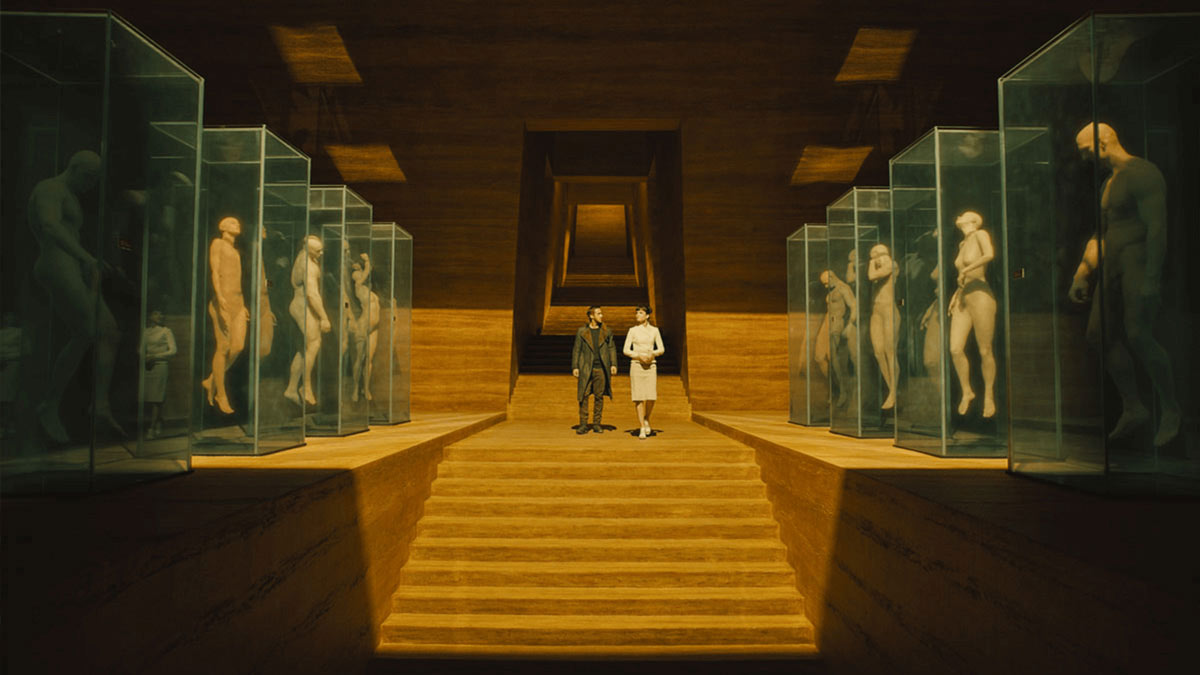
“Blade Runner 2049” Humans or Replicants, which one is the real human? ? The hidden theme behind SF *Note! Contains spoilers.
2017.11.14
The “poetry” that Rutger Hauer gave to replicants
The question of whether Deckard is a human or a replicant in Blade Runner 2049 is set aside here (although I 100% agree with the theory that Deckard is a replicant). What I would like to consider is that ``Blade Runner 2049'' is a work that further delves into the ``replicant identity issue'' that was inherent in the original ``Blade Blade Runner'', or to put it more simply, the ``replicant human rights issue''. .

"Blade Runner 2049"
In "Blade Runner," replicants are referred to by the derogatory term "skin jobs" by humans, and are depicted as discriminated against people who have a preset lifespan of four years and are forced to perform dangerous labor in harsh environments. Then, thinking that they don't have the right to live, they escape in order to cancel the life expectancy setting. They rebel based on survival instinct.
However, at the climax of Blade Runner, the replicant Roy Batty, played by Rutger Hauer, reads a poem of his own composition before his death. That poem was not in the script and was suggested by Hauer just before filming. The attribute of ``replicants who love poetry'', which was added through Hauer's idea, became a very important element in expanding the world of the work.
In Blade Runner 2049, the only way to distinguish replicants from humans is by the serial number stamped on their right eye. In the 30 years since the first game, the old model of replicants has been banned, and only the new model, which is more emotionally stable and absolutely obedient to humans, is legally allowed. The old models that escaped disposal go underground and even form anti-government forces. Once they have awakened to their "self," they want to be treated as human beings. At the very least, they don't want to be degraded as "objects".
Get closer to the secret behind the visuals created by a genius cinematographer!
Replicant Frayza, the leader of the rebel group, has this line: ``Death for a cause is a more humane thing to do.'' However, we humans cannot help but feel a sense of discomfort that cannot be filled with these words. This is because ``dying for a cause'' may be a noble act, but it is also a human act to degrade others for selfishness or to live only for oneself rather than for a cause. Because I understand it deeply.
In the spin-off short story ``2048 Nowhere to Run,'' there is a scene in which the replicant Sapper (Dave Bautista) recommends Graham Greene's novel ``The Power and the Glory'' to a human girl. `` Power and Glory '' is known as the work that inspired Shusaku Endo's novel ` `Silence '' (which was made into a film by director Martin Scorsese in 2016 ), which depicts the hardships of missionaries who came to Japan during the Edo period. Sapper also explains, ``It's a story about a chased priest who questions the meaning of being human.'' There is no doubt that Sapper, who is being chased as an old-style replicant who should be discarded, identified himself with the story of ``The Power and the Glory,'' in which a corrupt priest is questioned about what is morally correct. Dew.
“2048: Nowhere to Run”
In other words, replicants deeply desire to be better beings. It can be said that he believes that in order to achieve the "ego" and "great cause," one must abandon "selfishness." Compared to humans who live in a gray zone, replicants can be said to be much more pure idealists.
A story of replicants who wish to be "good people" (contains spoilers for "Blade Runner 2049")

